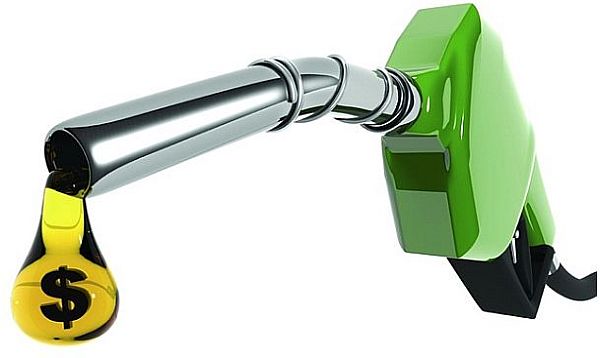Mexico City - Mexico's finance ministry said on Tuesday local gasoline prices will rise by as much as 20.1% from January 1 as part of a fuel-sector-liberalization program that seeks to end years of government-set pump prices.
In a statement, the ministry said the widely used Magna gasoline brand will rise 14.2% and will sell at an average price of 15.99 pesos ($0.78) a liter at retail, while Premium fuel will go up 20.1% to an average of 17.79 pesos a liter.
Diesel will rise 16.5%, with an average price of 17.05 pesos a liter.
The ministry said it would set a maximum gasoline price through February 3. After that, the maximum price will be set bi-weekly, until February 18, when it will be set daily.
On December 22, Pemex director general Jose Antonio Gonzalez dismissed a Citibanamex estimate that prices would rise as much as 22.5% next year. The Citibanamex analysis said that during January gas prices could be as much as 15.82 pesos a liter, up from the current 13.98-peso price.
While Gonzalez disputed the 22.5% increase estimate, when pressed, he admitted that prices would rise more than 10%, and could go up as much as 15% to 20%.
Earlier this month, the energy regulatory commission said a staggered fuel-price liberalization will begin at the end of March and extend through the rest of 2017.
The move will phase out government-set gasoline prices, a practice that has prevailed in Mexico for decades, and replace them with market prices.
The introduction of market-based prices will start in the northwestern states of Baja California and Sonora, where price liberalization will begin on March 30. The process will conclude on December 30, 2017, with the introduction of market pricing in the states of Campeche, Quintana Roo and Yucatan.
The change is one of the most tangible parts of a landmark energy-reform program in Mexico, which in 2013 ended the 75-year monopoly of state oil company Pemex over nearly all facets of the sector, from crude production to retail fuel sales.
In April, Mexico allowed private companies to import fuels for the first time, nine months ahead of what the energy-reform program originally stipulated. Demand for gasoline has only grown in Mexico, which is the world's fourth-largest consumer of the fuel.
Read the full story on BusinessInsider.com


